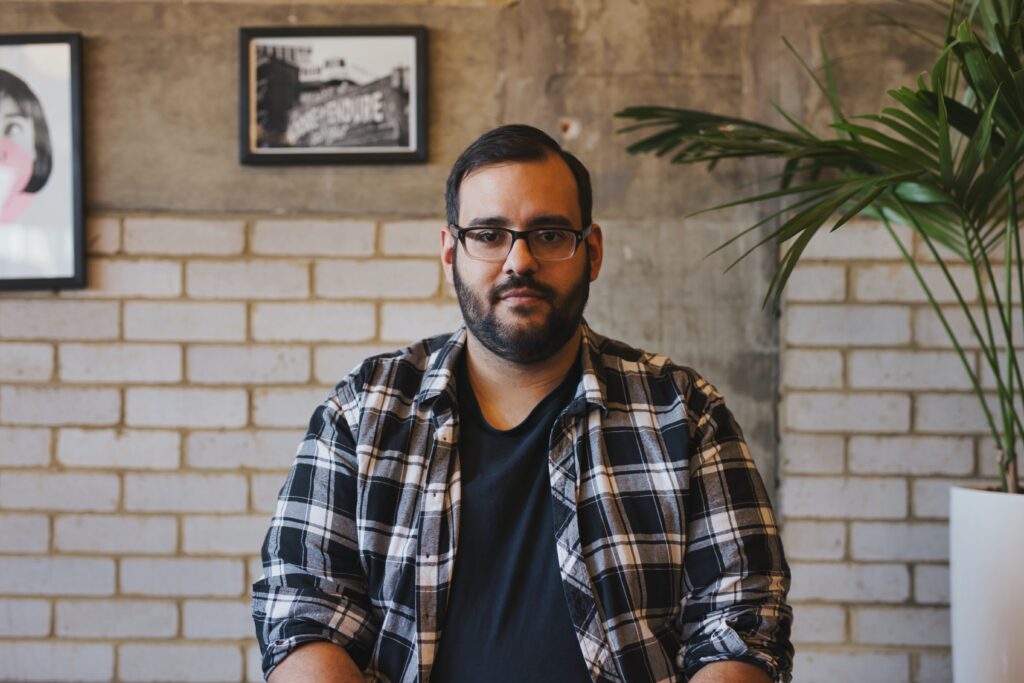Published 5th December 2023, Anxiety, Depression and CBT/Cognitive Behaviour Therapy and Anxiety
Opening up About Anxiety and Depression

Good Morning, Afternoon, Evening, wherever you are in the world as we speak, Welcome to The Takeover Strategy Blog. Welcome, Welcome, Welcome.
This will be a short blog post today, I want to get my point across, so it will be straight to the point and forward.
In this world that often celebrates success and masks struggles, it takes courage to peel back the layers and reveal the raw, unfiltered reality of living with anxiety and depression. These silent battles, fought in the shadows of our minds, are more common than we might think. This blog post is not about providing clinical insights or a quick fix; it's about opening up, sharing experiences, and creating a space where vulnerability is celebrated.
Let's lay all the cards on the table. Life is messy, and mental health is no exception. The journey through anxiety and depression is not an easy path; it's a rollercoaster with unpredictable twists and turns. Yet, by sharing our stories, we can foster understanding, empathy, and hope.
Take this, for example; try and picture this: a person grappling with anxiety. It's not just about feeling nervous before an important presentation; it's about the relentless worry that seeps into everyday life. It's the racing thoughts at 2 AM, the knots in the stomach for no apparent reason and the constant questioning of one's worth. Anxiety isn't a choice, and it doesn't discriminate. It affects people from all walks of life.
And then there's depression, a heavy cloud that hangs over daily existence. It's not merely feeling sad; it's a profound sense of emptiness that colors every aspect of life. The simplest tasks become monumental challenges, and joy feels like a distant memory. Depression isn't a sign of weakness; it's a battle against invisible forces that many struggle to comprehend.

Sharing these experiences is not a call to pity someone; it's a call for understanding. It's an invitation to step into the shoes of those who navigate the storm within. Imagine a world where we could openly talk about our mental health without fear of judgment—a world where vulnerability is not a weakness but a strength; this is my point: every weakness isn't a weakness; it's a strength, but we allow our minds to make it a weakness because we think of it as a negative. But what if I told you every negative is a positive? Would you believe me? How many times have you been brokenhearted? And you feel like your world is ending, then a month, two months, three months, or six months, you look back and think of it as a blessing? A lot, right? It's essential to learn from whatever you are going through; there is a reason for everything and a purpose to everything; if it doesn't have a meaning or a purpose, then it's nothing.
So, if everything has a meaning and purpose, then anxiety and depression have a meaning and purpose; I shall give you my opinion on why, in most cases, anxiety and depression are present in ordinary people. In my experience working with clients now, I can see patterns in why these two emotions happen, and it's probably not what you think. From a 3D perspective, "normal living circumstances," you will see anxiety and depression as an illness; you will need to go to the doctors and go straight for medication, as society has taught you from a young age; if you have a cold, you grab a tablet. I am not saying that this doesn't help; it takes the edge of what you might be going through; it's like putting a plaster on a cut. We all carry trauma; some carry a lot more than others, depending on their particular life or past lives, but this doesn't change my view. The trauma we carry, big or small, over time, becomes heavy on our soul; the more trauma you take on, the heavier the load becomes, so you carry on through life. Some suffer from depression and anxiety all their lives; this is because they have taken more and more on over the years. It's become heavier and heavier, and they haven't lightened the load. You see, lifetimes, whether you believe me or not, are here for a purpose; you have a purpose; you have to learn specific lessons on your life path and release karma and past life trauma. Otherwise, you come back, and you do it again. And each time you do it again, the load gets heavier on your soul. What you are supposed to be doing is releasing it, cleansing yourselves; you will always take on more trauma as you go through life, but as you take it on, you then release it; when I say releasing it, I mean healing from it.
I have noticed with all my clients, every single one, that once you give them a purpose and format to follow to release, they start to improve; they are now healing. So why are these people leaving behind anxiety and depression when they do these things? It's very, very simple, so simple you wouldn't believe it; your soul is now being nourished, you are just the shell, you are the vehicle, your body is the vehicle, and your car runs better on better fuel if you go for cheap, it doesn't run well. Your soul needs fueling; if you keep doing the same things, carrying the same heavy load around, it will tell you, and anxiety is your soul telling your nervous system it's had enough; it's talking to you. Depression only follows because you are anxious, and you continue to tell yourself I have anxiety, I have anxiety, so you become depressed because you don't know what to do and how to get yourself out of it. The biggest problem with this, and I will be honest with you, is that people won't be awake enough to see it because they have been trapped in the spider's web. But this is why I am here and 1000s of others because even if ten people read this and ten people realize, then that's ten more people I have picked up and put on a new road.

This is why it's essential to acknowledge that opening up about anxiety and depression is a deeply personal choice. For some, as I mentioned, it's a therapeutic release to unburden the soul and break free from the shackles of silence. It's a daunting prospect for others, wrapped in fear of stigma and societal expectations. Yet, regardless of where one stands on this spectrum, the power of a listening ear should never be underestimated. Vulnerability is not synonymous with weakness. It takes immense strength to lay bare one's struggles, to confront the inner demons, and to embark on a journey toward healing. It's a process that unfolds at its own pace, with setbacks and triumphs. So, how can we, as individuals and as a society, create a more compassionate space for those navigating the complexities of anxiety and depression? It starts with education. Understanding that mental health is as crucial as physical health dismantles the barriers that prevent open conversations. It involves fostering empathy, recognizing that everyone's journey is unique, and refraining from passing judgment.
Moreover, it's about creating safe online and offline spaces where people can share their stories without the fear of ridicule or misunderstanding. Social media, often criticized for its role in perpetuating unrealistic ideals, can also be a powerful tool for connection and support. Platforms that amplify authentic narratives and encourage dialogue play a crucial role in breaking down the walls of isolation. Let's not forget the role of language—the words we choose matter. Replacing judgment with empathy and curiosity can transform conversations around mental health. Instead of asking, "Why can't you just be happy?" try, "I may not understand exactly what you're going through, but I'm here for you." It's a subtle shift that can make a world of difference.
MEET THE TEAM
John Thompson

CEO/Founder and Business Development Entrepreneur
Kasia Papadopoulos

Lead Designer and Business Development Entrepreneur
Jake Mann

SEO Expert and Digital Marketer
Deema Patel

Email Marketer and Content Writer

Blog Sign Up
Craving fresh insights? Join our blog! Explore intriguing topics, gain wisdom, and spark innovation. Sign up now. Your daily dose of inspiration awaits!
Newsletter Sign Up
Stay ahead of the curve! Sign up for our illuminating newsletter today and gain privileged access to exclusive content, stimulating thought-pieces.
Comments
